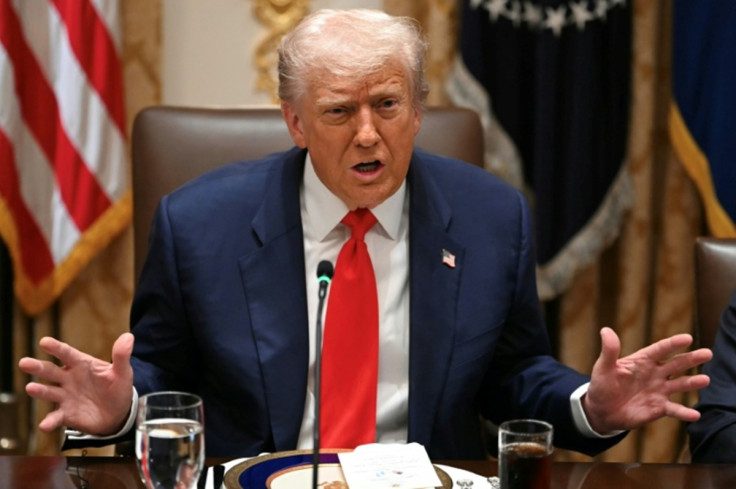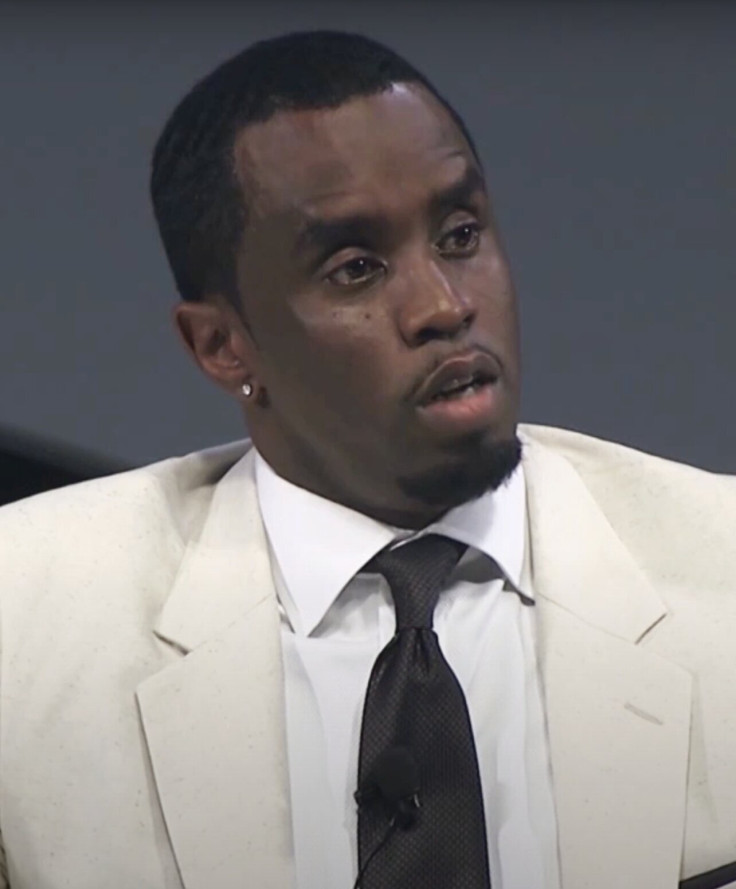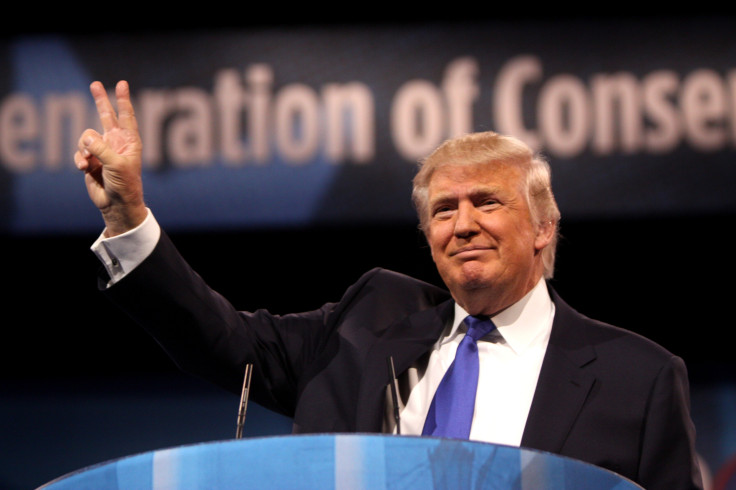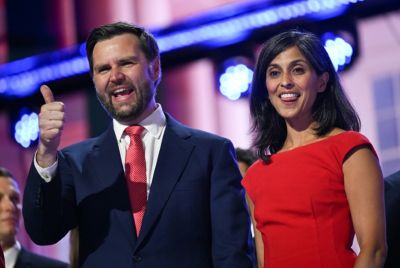Trump–Diddy Shock Twist: Report Claims President Weighing Controversial Pardon as Officials Scramble to Deny
TMZ's exclusive prompted an immediate 'zero truth' rebuttal from the White House and labelled the report 'fake news'

In a dramatic swirl of rumours and denials, a TMZ report that US President Donald Trump was 'vacillating' over commuting Sean 'Diddy' Combs' sentence unleashed a political and cultural firestorm this week.
The story began when entertainment site TMZ published an 'exclusive' saying a 'high-ranking White House official' told its reporters that Trump was considering a commutation for the music mogul 'as early as this week', and that some White House aides were urging him against it.
The claim, extraordinary given Combs's high-profile conviction and the fraught politics of presidential clemency, was immediately amplified across cable news and social media.
The Claim that Sent Shockwaves
The report forced two swift ripostes: the White House issued a sharp denial, calling the TMZ piece 'fake news' and insisting there was 'zero truth' to the claim. Trump has publicly acknowledged that Combs' legal team had reached out requesting clemency, but he has not said he will grant it; he has previously said he would 'look at the facts'.
The tug-of-war exposed in miniature how clemency decisions can become political theatre, testing the boundaries between legal process, personal loyalties, and political calculation.

TMZ's article, which framed the story as an insider tip that Trump was 'vacillating', asserted that some aides feared a commutation would provoke furious backlash from segments of the President's base. TMZ stood by its reporting when challenged.
The allegation was notable because presidential clemency is a power exercised at the president's sole discretion, but one that is historically accompanied by at least a veneer of process and DOJ review.
Within hours, the White House communications apparatus publicly repudiated the narrative, with officials telling reporters the report was inaccurate and that the President, not anonymous aides, would decide any clemency matter. The brisk denial sought to close off speculation, but in the age of instant reporting, denials can sometimes deepen a story's resonance rather than dampen it.
Political Stakes and Legal Norms
A commutation or pardon in this case would not be merely a legal act; it would be intensely political. Combs has been an outspoken critic of Trump, once calling for him to be 'banished' from public life, and many conservative voters and commentators would see clemency as anathema.
Conversely, some celebrity allies and criminal-justice reform advocates might argue for mercy on grounds of rehabilitation or sentencing disparity. The White House denial suggests officials are acutely aware of those faultlines.

Legal experts say clemency decisions are often opaque by design, but they also emphasise that a president's personal relationships and public statements can invite accusations of favouritism.
Past presidencies show that pardons issued for high-profile figures routinely prompt congressional scrutiny, calls for transparency, and sometimes investigations into the decision-making process; in short, a pardon can create as many problems as it solves.
For victims, survivors, and advocates, the prospect of an early release for a celebrity convicted in such a case can reopen wounds and provoke profound anger. For Combs's family and supporters, the possibility of presidential mercy represents hope and a second chance.
As Washington and Hollywood watch the clemency rails with baited breath, the only certainty is that any decision will reverberate far beyond the Oval Office.
© Copyright IBTimes 2025. All rights reserved.





















